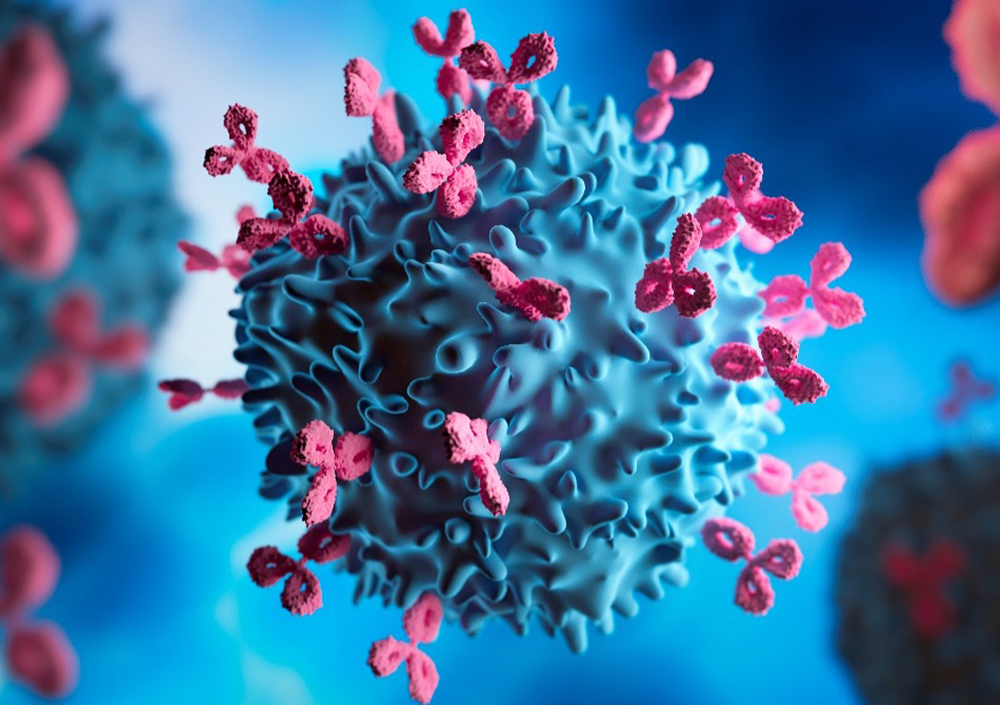Once abandoned because of dose-limiting toxicities, a novel chemotherapy drug is showing even more promise as a modified prodrug. In study results published in Science Advances, researchers demonstrated how turning DRP-104 into a prodrug enables it to kill more tumor cells and activate CD8+ T cells with a “markedly improved tolerability profile.”
Prodrugs are pharmaceuticals that are biologically inactive when administered but “turned on” once they interact with targeted tissues, cells, or body processes. Scientists used 6-diazo-5-oxo-l-norleucine (DON), a chemotherapy agent studied since the 1950s, to create DRP-104. DON was abandoned after patients in its early studies experienced dose-limiting gastrointestinal (GI) toxicities, but researchers in the 2022 study theorized that modifying the agent to render it inactive at administration would enable it to remain “bioinactivated to an inert metabolite in GI tissues.” That GI-related “off switch” makes DRP-104 different than most oncology prodrugs (e.g., abiraterone acetate, capecitabine), which typically use a permanent “on switch.”
Using mouse and human plasma models involving lymphoma cells, the researchers found that once DRP-104 was activated into DON in the body, it produced 6 times more DON in the tumors than in the blood and 11 times more than in the gut. Conversely, the inactive molecule was 6 times higher in GI tissues than in blood and 15 times higher than in tumors. Similar results were seen in mice implanted with breast, colon, and lung tumor cells. Both DON and DRP-104 that the body converted to DON produced similar efficacy, with tumors response observed within two weeks.
DRP-104 is currently in clinical trials for U.S. Food and Drug Administration fast track designation.
“This novel approach of creating prodrugs that simultaneously are enriched in target tissues and decreased in tissues susceptible to toxicity has potentially broad application in altering the therapeutic index of active yet otherwise toxic chemotherapies,” the researchers concluded.
Learn more about oncology pharmacology and the latest agents currently in practice with the Oncology Nursing Podcast Episode 242: Oncology Pharmacology 2023: Today’s Treatments and Tomorrow’s Breakthroughs, which includes a discussion of the different types of U.S. Food and Drug Administration approvals, such as fast track designation.






